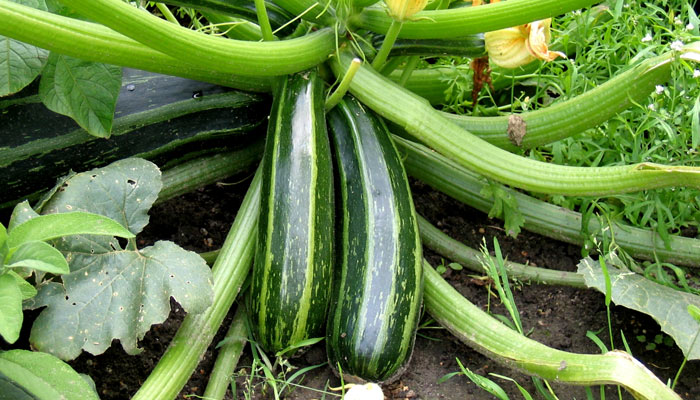
by Dr. Michael Murray | Jun 28, 2013 | Healing Food Facts
Considered a summer squash, zucchini are a member of the melon family. Other summer squash include crookneck, straightneck, and pattypan squash. Zucchini are native to Central America and have been consumed for over 10,000 years. Squash spread throughout North and...
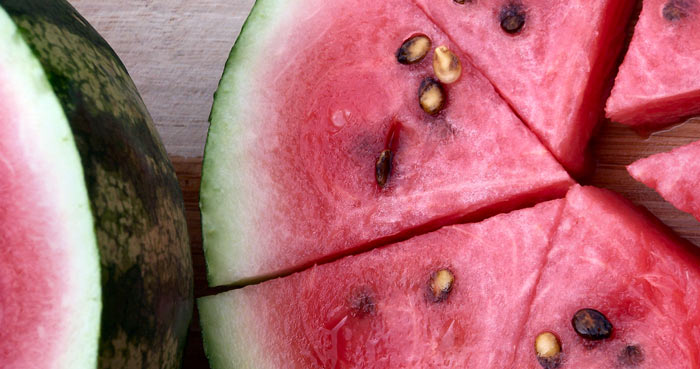
by Dr. Michael Murray | Jun 19, 2013 | Healing Food Facts
Did you know that a watermelon can weigh upwards of 90 pounds? Watermelons are native to the Kalahari Desert of southern Africa. Depicted in hieroglyphics on ancient Egyptian tomb walls, dating back as far as 3,000 B.C.E., watermelons were left to nourish the dead in...
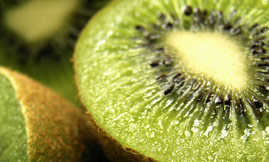
by Dr. Michael Murray | Jun 12, 2013 | Healing Food Facts
Kiwifruit is perhaps one of the most unique fruits. With its brown fuzzy skin, and bright green meat, there isn’t another comparable fruit. Kiwi is native to China, where it was consumed for thousands of years. In the early twentieth century, missionaries brought kiwi...
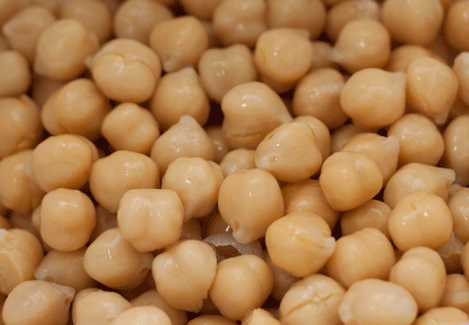
by Dr. Michael Murray | Jun 5, 2013 | Healing Food Facts
Garbanzo beans go by many names, from chickpeas and Bengal grams to Egyptian peas. This unique legume has a nut like buttery taste and is a common ingredient in many Middle Eastern dishes. Thought to have originated in Turkey, garbanzo beans were spread to tropical...
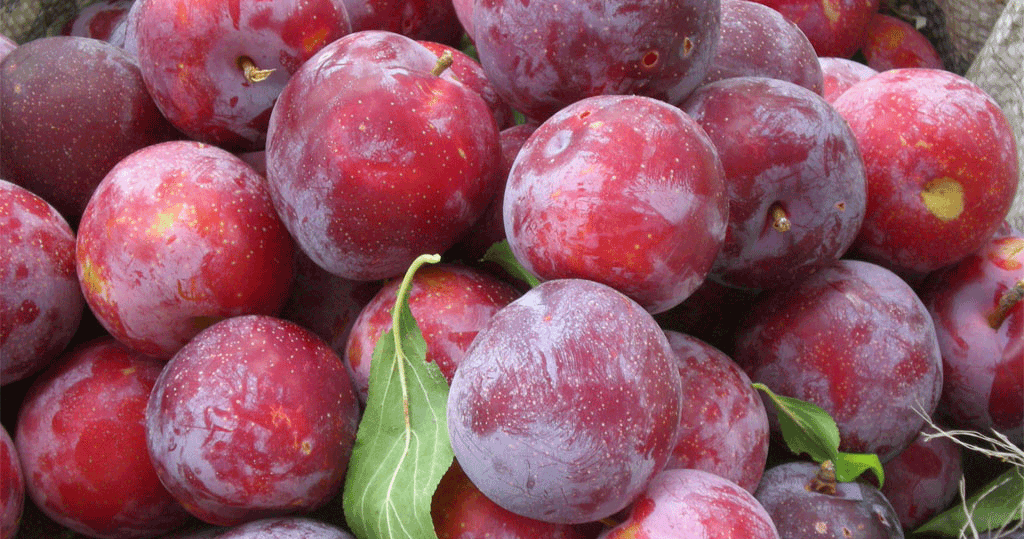
by Dr. Michael Murray | May 29, 2013 | Healing Food Facts
Plums are a relative both the peach and almond. There are over 200 different varieties of plums, coming in a rainbow of colors from blue and purple to yellow and green. Native to regions in China, America, and Europe, plums were spread by the Roman Empire as they...

by Dr. Michael Murray | May 22, 2013 | Healing Food Facts
Developed from a European wild cabbage, broccoli is a member of the cruciferous family of vegetables. Ancient Romans and Italians have cultivated broccoli for over 2,000 years. Italian immigrants first introduced it to the United States during the colonial era. After...









